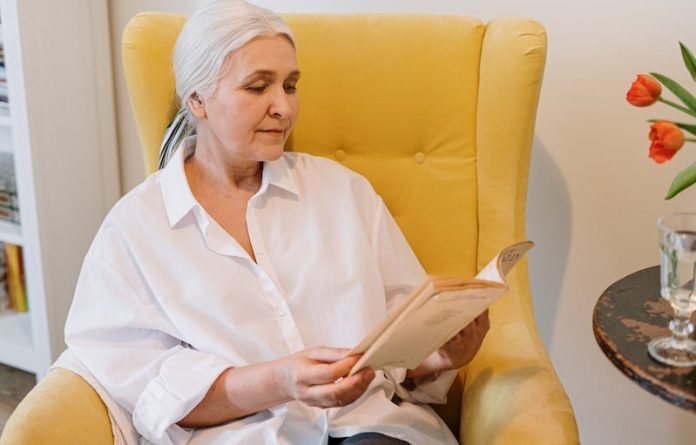
In a study from the Chalmers University of Technology, scientists have developed a method for predicting fall accidents and Alzheimer’s disease by reading a person’s walking pattern with the aid of a radar sensor.
The small sensor can be attached to furniture, walls, and ceilings, both in the home and in a healthcare setting.
Fall accidents and cognitive illnesses such as Alzheimer’s disease are increasing as the population ages. Preventive measures are helpful and can reduce both suffering and costs.
In the study, the team found a product containing the sensor is no larger than a fire alarm and could be used within the healthcare system, in the home or in care environments for the elderly in order to identify risks.
Preventive measures such as physiotherapy, tailored training or the adaptation of furnishing in the home can be implemented in order to prevent fall accidents, thus avoiding both suffering and costly hospital care.
Apart from being easy to use, another advantage of the method is that it collects data without filming.
Also, with cognitive illnesses such as Alzheimer’s, an increase in step time variability is often an early symptom.
Alzheimer’s disease is one of the most common causes of dementia in the world, and it is difficult to detect at an early stage.
The new method could be beneficial as an aid to making an early diagnosis and contribute to preventive measures and improved quality of life.
The method is based on an off-the-shelf radar sensor and therefore a commercial development is feasible in the near future.
In the short term, the team hopes that it can be used by the elderly at home and provide healthcare staff with objective and valuable decision-support data.
They also hope that in the future the method can facilitate clinical research on the elderly and establish more connections between a change in gait and the development of other illnesses.
If you care about Alzheimer’s, please read studies about diabetes drug that may also help prevent Alzheimer’s , and coconut oil could help improve cognitive function in Alzheimer’s.
For more information about brain health, please see recent studies about antioxidants that could help reduce dementia risk, and Vitamin B supplements could help reduce dementia risk.
The study was conducted by Xuezhi Zeng et al and published in the journal Sensors.
Copyright © 2023 Knowridge Science Report. All rights reserved.



